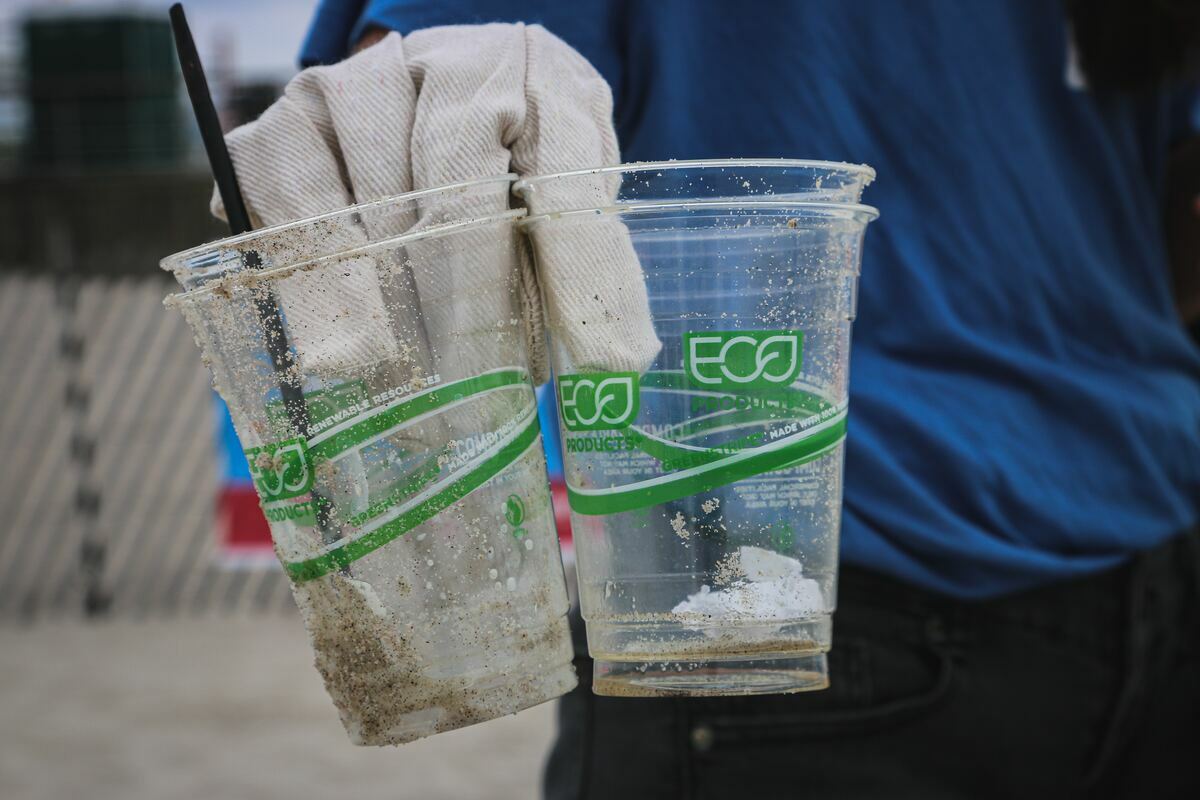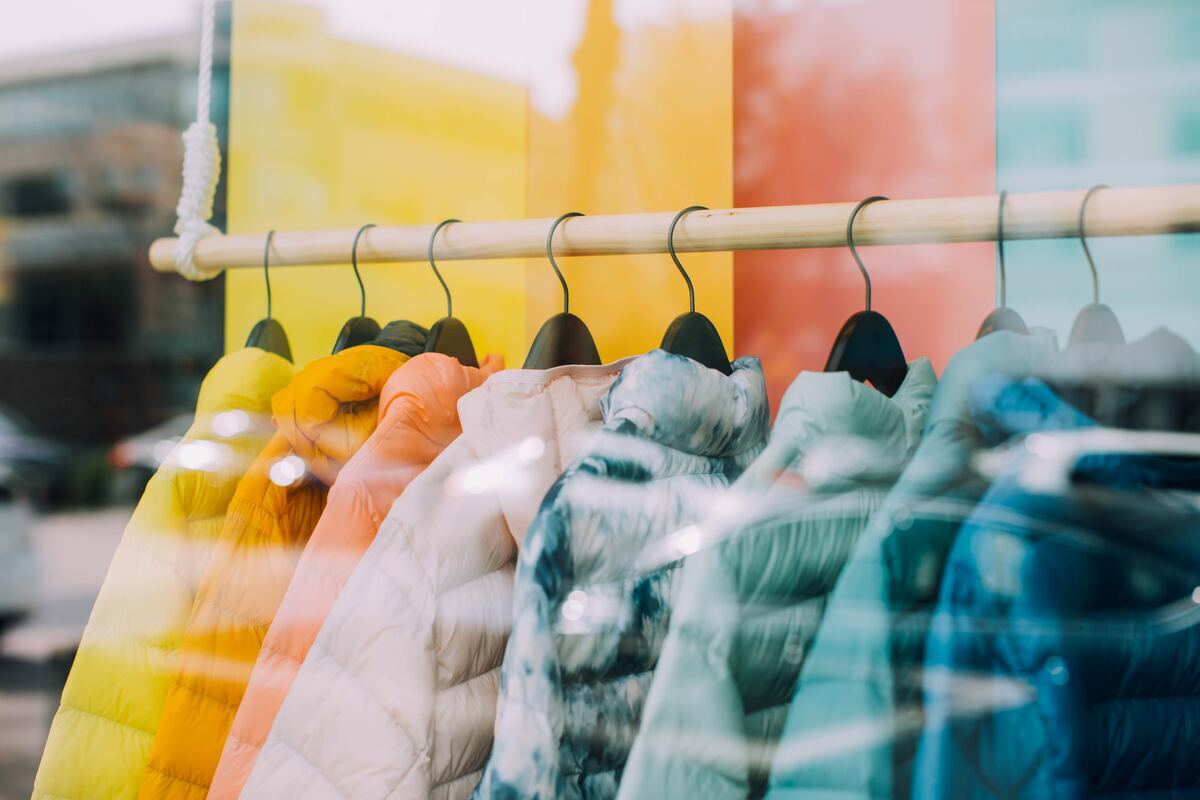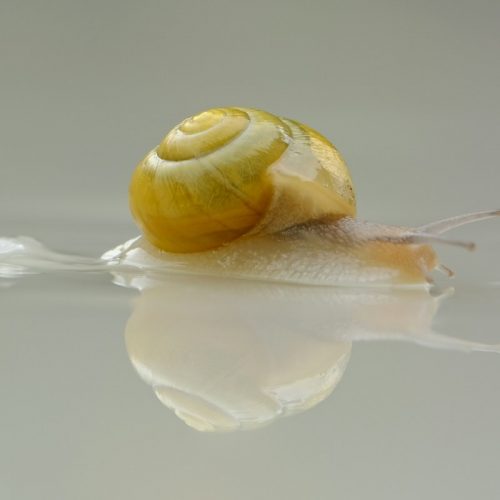The Green Claims Directive | Interview with Dr. Cem Veziroglu
The Green Claims Directive proposed on March 2023 is expected to address the concerns about greenwashing. As this is the first time this issue is being legislated, there are additional costs and various situations expected from the companies in the future. We had an interview with Dr. Cem Veziroglu on the legal aspects of it.
European Union introduced a new legislation proposal on greenwashing, which is called The Green Claims Directive. As it is significant by being the first direct legal step towards the term ‘greenwashing’, it will result in several new consequences for brands and consumers. Where an upcoming shift in several areas of commerce for brands who claim green acts during marketing and promotion phases, expected legal applications are vital to learn. We had an interview with a valuable expert on this issue: Dr. Cem Veziroglu is currently an Assistant Professor of Commercial Law at Koç University, Istanbul, and an affiliated scholar at the UNESCO Chair on Gender Equality and Sustainable Development. He studied for his bachelor's at Galatasaray University, Faculty of Law, and had his LL.M. at the University of Oxford. Having his Ph.D. studies at the University of Istanbul in Private Law, he specialized in commercial law and business law. As an internationally awarded academic and researcher by various institutions from Turkiye, the US, and Germany; he is set to open a class in the King’s College, London on the European Union’s journey on sustainability.
As a multifaceted expert, we asked Dr. Veziroglu about the legal and commercial aspects of the upcoming Green Claims Directive. As he shared his opinions and expertise on how the EU can progress in sustainability in the future, he also enlightened the audience by explaining the mechanisms of the regulation and what companies are expected to face with that. For the ones who are interested and the companies who are subject to the Directive, here is a stimulating interview with him.

Dr. Cem Veziroglu
L: What do you think about the new directive of Green Claims proposed by the EU?
CV: Green Claims Directive is a proposal prepared and published by the European Commission on 22nd of March 2023, focusing on reducing the questions about greenwashing. It aims to prevent the companies that misinform European consumers and is directed to voluntary claims, marketing strategies, and labeling about the environment. It includes a bunch of rules that are about greenwashing for the first time in the EU. It regulates the companies’ environmental impacts, performances, and how they can promote themselves to consumers and how they cannot. It has three main pillars: Substantiation, communication, and verification.
Since it is just a proposal that did not enter into force yet, it is important to think of the process after it passes. The member states of the Union will be responsible for adapting the directive to their national legal system in 18 months. Considering the controversial points that have taken place in reports by various law firms, I predict an approximate period of 3.5 years for the directive to enter into force.
At the macro level, this proposal aimed to prevent greenwashing is a complementary document to previous legislations on consumer protectionism especially in terms of preventing the unfair competition practices and misinformation of the consumers. The most important of them all is the Unfair Commercial Practices Directive, which is expected to be amended by the directive empowering consumers for the green transition, of March 2022. So, the GCD can be entitled as a stipe to the change on preventing the misinformation towards consumers. If Green Claims Directive passes, it prohibits various practices such as claims based on generic and unverified green claims. Companies often have claims about their future performances on environmental issues without evidence. This directive will help the scientific interpretations to be accepted and the data on that to be publicly shared. Additionally, the Directive aims to prevent companies to do marketing on the things that they are already subject to fulfill the industry standards.
It is also important to remember previous practices of the EU on sustainability such as mechanisms for preventing the obsolescence of technological devices, and mechanisms for enlightening the products’ durability and lifetime. In this sense, The Green Claims Directive is set to be one of the most specialized reflections of the legislation on sustainability.
L: Do you think this directive will create a remarkable point, considering the current legal system and laws on Green Transition?
CV: I interpret this issue as putting a puzzle’s pieces together. For example, one of the puzzle pieces shows up as the practice of Corporate Sustainability Reporting. Today, companies have to share their environmental impacts (non-financial disclosures) as they conventionally do it for their financial tables. I think this is a vital area to enlighten the public – and this is not only limited to the European Union member states but also present in countries like Switzerland, Turkiye, Singapore, and Hong Kong. On the other hand, another piece is the Supply Chain Diligence. For example, the London-based X brand produces a t-shirt that is made in Indonesia, it produces that garment for, let’s say, 8 Euros. If the same brand would produce the same t-shirt made in the UK without the global interactions, it would cost, let’s say, 20 Euros. These savings are often done due to human rights violations, labor exploitations or negative externalities on the environment. But Supply Chain Diligence puts the brands the responsibility of fulfilling the criteria on both social and environmental norms with their value chain. There, an example of control mechanisms -and a duty- of the state to shift big companies occurs because now that the companies are responsible to fit in the norms. There are also the emission trading system/carbon tax and the green finance practices which make it easier for green products to get financing from the banks. Just like all these pieces, the Green Claims Directive is added to the puzzle as one.
With that directive entering into force, the companies will be per se responsible. If a company says that its production is carbon neutral and it is actually not, both the company and its responsible team will be subject to a lawsuit for damages.
The covering of the directive is remarkable at that point. Most of the EU-based companies will be subject to this regulation. The only exteriority is present with some industries that are already covered by special regulations, like financial ones and microenterprises that have less than 10 employees or less than 2 million Euros of endorsement per year. Not all the SMEs are included but these microenterprises will not be subject to the sanctions rooted in this special directive. Still, they are subject to the legislation on unfair competitiveness but to the GCD. The aim is not to burden the microenterprises with the new costs, therefore the “one size fits all” type of understanding is not preferred but a proportionate way is.
What makes this directive very important can be explained with the steps of substantiation, communication, and verification. It sets three important things: Companies will be obliged to apply life cycle assessments to their products or services that are promoted with environmental claims. This includes the journey of the product from the supply of the raw material to its recycling by analyzing all the environmental impacts of it. This is a very important contribution because previously a company could call itself “green” by using selective information due to the lack of standards but this directive is about to set them. The directive also makes the communication stage to be accurate with analysis and data. As the companies become subject to certification by an external mechanism results in communication to achieve there. After being certified, a company becomes eligible to promote their work and this is an important step.
If the Directive passes, it will be a necessity for companies to be verified and approved in terms of analysis to use the labels like “net-zero”, “carbon neutral”, “eco-friendly” and “packaging made from recycled plastic bottles”. If they use the labels without verification, they will be subject to pay compensation and even they will be subject to sanctions by the related governmental bodies.
If Green Claims Directive wouldn’t be a case, there were still various documents that are in force and impactful. Through the legislation on unfair competition in Unfair Commercial Practice, it was possible to put sanctions on companies on this issue. However, the need to find a suitable article to review was a necessity to understand if the case was in extend or not. Now with the Green Claims Directive, the regulation will switch to ex-post instead of ex-ante: There will be no need to prove that the companies are acting illegally anymore because the ex-ante regulation was making us calculate and explain the data to use. The shift initiates to elude that process.

Brian Yurasits © via Unsplash
L: How should businesses adapt to the new rules? Do you think there are important points that they should be extra careful of?
CV: The most important thing here is that the companies that are subject to this regulation and willing to have green claims will need to have a strong management structure inside. They are expected to go to a restructuring internally, therefore an additional stage in the companies’ commercial operations will be observed. Thus, a new type of profession in terms of organizational structures and chains will be searched through the adaptation process. This will affect some innovations in terms of data processing and technology either.
These companies used to have information flow during the substantiation stage from their supply chains and commercial relations. They will enlarge this information flow after the Directive. As the legislation makes the life cycle assessment an obligation, the companies will need to specifically progress on this issue. During the communication stage, companies will have to hire a team or a person that is dedicated to environmental claims. Especially people who work in marketing or corporate affairs will be needed to have expertise about the GCD. Lastly, the verification stage will require external verification which is done by an accredited third person.
What should the companies that follow these regulations expect? Firstly, following the regulation will allow them to use green claims and this will help decrease the risk of companies’ current reputational lawsuits being litigated. These companies will be able to make healthier choices, which will lead to letting their brand value increase, and therefore, the adaptation will benefit them in terms of administrative and financial burdens to decrease. They will improve their management models through this change.

The Nix Company © via Unsplash
L: What kind of a law or regulation could help us to achieve a sustainable consumption culture in the minimum period; and do you think that the EU will progress about it someday?
The European Union is already at the forefront of the change in legal systems in terms of sustainability and climate crisis. No other legal system is as progressed as the EU in this sense since the European system is quite active and dynamic. Considering everything is a piece of the big puzzle again; throughout the years, big companies made savings in their budget by harming the environment and they created negative externalities. They were increasing their revenues by claiming they are green without the burdens of it but with the GCD, they will be obliged to fulfill the needs. Through that, we will see the negative externalities they created to be counted in the equation again. Therefore, the companies will be in need to predict a shadow price when doing their marketing: Whether they will follow the regulation or they will not use green claims anymore.
If a company agrees to adopt the regulatory costs, it will need to reflect them in the prices of products or services. At the end of the day, saving consumers from misinformation will lead to making them pay more. This will be better for the environment but remain controversial in economic terms. The 8 Euro-priced t-shirts that I have previously mentioned will be 15 Euros again because of the added costs to the products. I think we should mention the flexibility of consumer behavior when speaking of consumption culture because there is no clear evidence of how flexible are the consumers between environmental and economic sensitivity. I am not sure if the consumers will think that it is okay to buy a product at a more expensive price just to have it more eco-conscious. Therefore, I think an encouragement mechanism for both companies and consumers is needed. For example, a consistency index might be a solution: Companies who fulfill the criteria of regulation at some point might be allowed to do marketing while companies who completely follow it can receive a state fund. Or the customers can be given an incentive mechanism if they prefer these eco-conscious brands. The European Union often tends to burden companies through the legislation and that leads to burdening the consumers at the end of the day. I think the EU should start allocating the burdens between consumers and states from now on.
This interview is part of a huge article about Green Claims Directive published at Luxiders Magazine Issue 1o.




